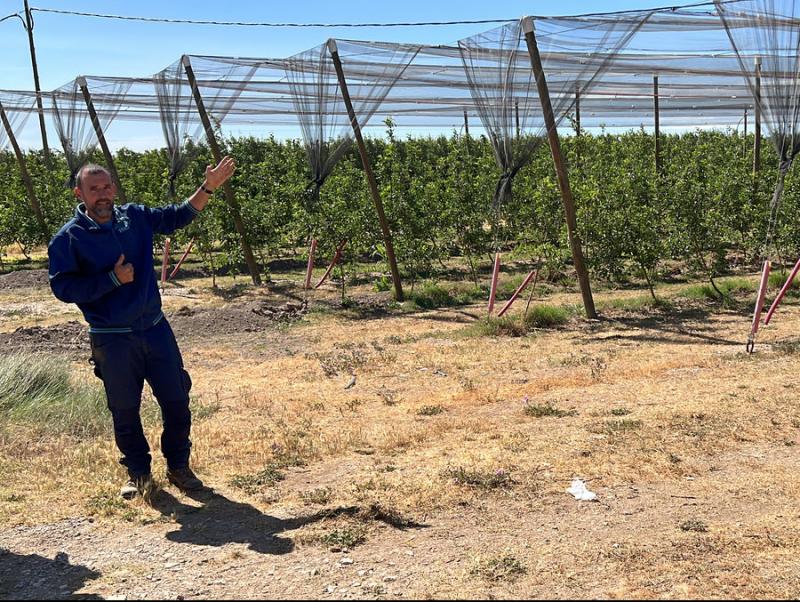from the editor
Dealing with drought and the future of agriculture
The impact of the drought goes far beyond the direct consequences for crops and the farming sector. To believe that it will just be a bad year for harvests is to dangerously ignore the challenge facing us, which threatens to affect the model of life that our society has been building for centuries. Globalisation made us believe that we were invulnerable to regional crises; if one year our cereals or fruits failed, we would get them from somewhere else. And so we continued to fill our shopping baskets without noticing anything different, not even in the price. But things are changing, and although the perception is that these changes are sudden, the reality is quite different. And farmers know that. Government neglect of the primary sector is not sudden, especially in terms of preventing situations like the ones we are suffering now. It is paradoxical that our society is more sensitive than ever to climate change, that almost all political parties, with the exception of the far-right, recognise the influence human activity in this regard, and that all powers - local, regional, national, European and global - agree to agendas, summits and policies aimed at reversing its effects... while at the same time, the specific policies that should prepare us to deal with it effectively are so slow or, worse, non-existent.
The lack of water in this part of the planet is something experts have been warning of for decades, but it is clear that the necessary homework has not been done. The impact will no longer be felt only by farmers, that invisible sector absent from the discourses of most “urban” ideologies, but by the whole of society. Prices will rise and farmers will quit or find it unsustainable. The chain of effects that will follow will reach the hearts of cities. Until now, globalisation corrected this. But water scarcity is a phenomenon that is increasing all over the planet, and decarbonisation policies to combat the increase in global temperatures will make the logistics on which globalisation works less and less competitive (and advisable).


